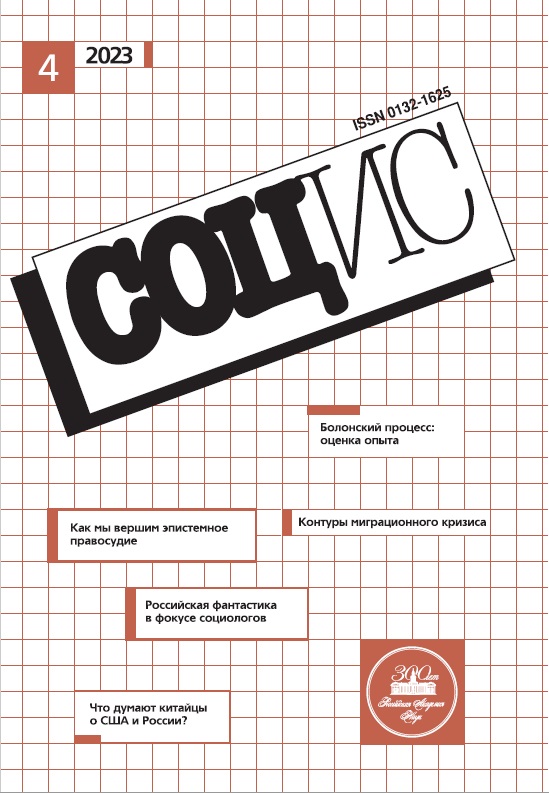Men, Women, … Tribes, Peoples: What Does a Person’s Life Look Like Among His/Her Constructs?
- Authors: Podvoyskiy D.G.1,2,3
-
Affiliations:
- Lomonosov Moscow State University
- RUDN University
- Institute of Sociology of FCTAS RAS
- Issue: No 4 (2023)
- Pages: 141-152
- Section: Articles
- URL: https://kazanmedjournal.ru/0132-1625/article/view/661642
- DOI: https://doi.org/10.31857/S013216250022101-4
- ID: 661642
Cite item
Abstract
The article is the second (final) part of the essay devoted to the analysis of social constructivist explanations of gender and ethno-national phenomena. In particular, the author refers to the ideas of the classics of ethno-sociological constructivism – B. Anderson, E. Gellner and E. Hobsbawm, including the argumentation presented in the concept of «imagined communities». A general description of the mechanisms and technologies of practical (including symbolic and discursive) «production» of ethnic identities, construction and «invention» of nations and peoples is given as procedures carried out by intellectuals and politicians in different regions of the world. A specifically «modern» (rooted in the nature of modern societies) context for the formation of nation-states and nationalism as a special political movement and ideological doctrine is revealed.
About the authors
Denis Glebovich Podvoyskiy
Lomonosov Moscow State University; RUDN University; Institute of Sociology of FCTAS RASMoscow, Russia
References
- Андерсон Б. Воображаемые сообщества. Размышления об истоках и распространении национализма. М.: Кучково поле, 2016.
- Дюркгейм Э. Элементарные формы религиозной жизни: тотемическая система в Австралии. М.: Дело, 2018.
- Нации и национализм [Сб.]. М.: Праксис, 2002.
Supplementary files










